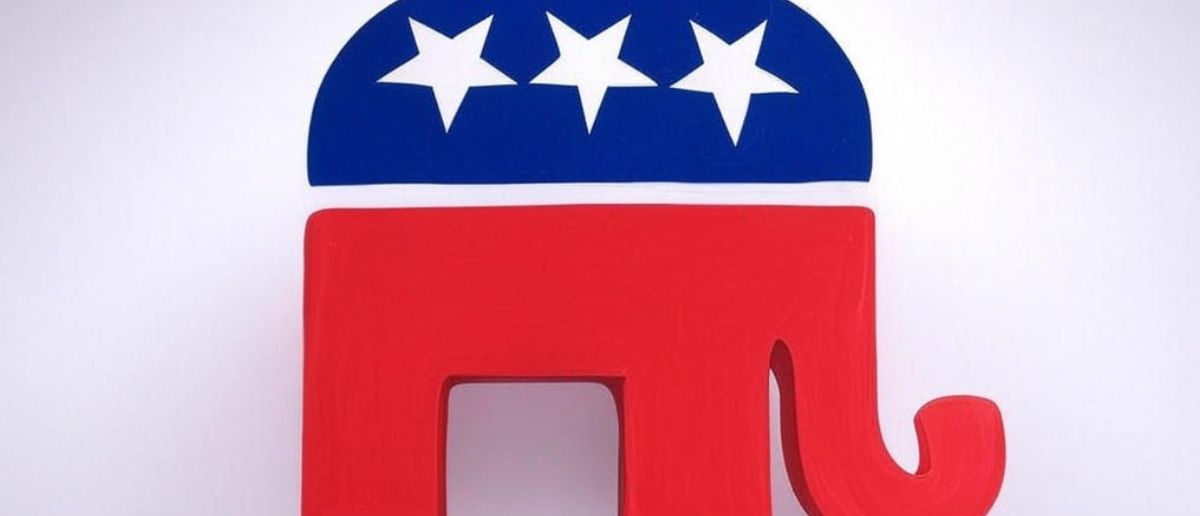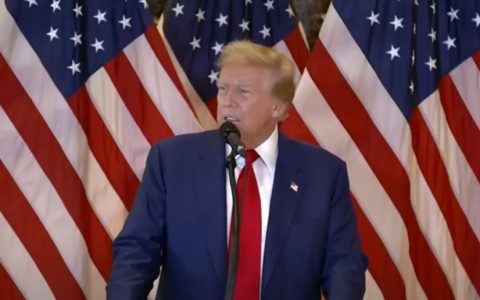
Political bias online is everywhere. But now the White House is doing something about it.
Because Trump targeted a Big Tech giant with a massive lawsuit.
Justice Department Pushes to Break Google’s Chrome Monopoly
On April 21, the Justice Department urged U.S. District Judge Amit Mehta to compel Google to divest its Chrome web browser, escalating its antitrust battle against the tech giant. The move aims to dismantle Google’s dominance in the internet search market, where it holds a 90% global share.
Deputy Attorney General Todd Blanche, speaking before Mehta, emphasized the Trump administration’s commitment to curbing Google’s monopolistic practices, stating, “President Trump took the first big step in 2020 when his Justice Department filed an antitrust lawsuit against Google to challenge its dominance over internet search. Today, as the remedies phase of that case begins, President Trump’s Justice Department will finish the job.”
The push follows Mehta’s 2024 ruling that Google illegally maintained its search engine monopoly, a decision that set the stage for the current remedies phase.
Google’s Practices Harm Consumers and Competition
The Justice Department’s case, initiated during Trump’s first term, accuses Google of using illegal agreements to suppress competitors, harming consumers and advertisers. The Wall Street Journal reported, “Google, which controls about 90% of the global search market, has used illegal agreements to sideline its rivals and harmed consumers and advertisers in the process.”
A 2024 trial revealed Google’s $20 billion annual payments to Apple to secure default search engine status on Safari, a tactic Assistant Attorney General for Antitrust Gail Slater described as emblematic of Google’s monopolistic grip.
“This case was filed during President Trump’s first term and litigated across three administrations,” Slater told Mehta. “It has unified our nation. Forty-nine states, two territories and the District of Columbia have all joined the Department of Justice in prosecuting Google here. And for good reason.”
Allegations of Political Bias and Data Control
Beyond market dominance, the Justice Department highlighted Google’s broader impact on American society.
Blanche accused Google of leveraging its monopoly to amass vast data on citizens and suppress conservative voices, stating, “As a monopolist, Google uses its market power against the American people. It has control of an extraordinary amount of data about ordinary Americans. Google has deplatformed conservative speech and has put its thumb on the scale politically for years. All of this behavior is downstream from Google’s monopoly power over internet search.”
The call to divest Chrome, a critical gateway to Google’s search engine, aims to weaken this control and prevent future abuses. The Justice Department argued that Chrome’s integration with Google’s ecosystem stifles competition and entrenches its dominance across digital platforms.
A Historic Opportunity to Restore Competition
Justice Department official David Dahlquist framed the case as a pivotal moment in antitrust enforcement, telling Mehta, “We’re at an inflection point. This court has an opportunity to remedy a monopoly that has controlled the internet for today’s generation and restore competition for decades to come.”
Drawing parallels to historic cases against Standard Oil and AT&T, Slater underscored Google’s role as a modern “behemoth” that dominates commerce and information. “Each generation has called for the DOJ to challenge a behemoth that crushed competition,” she said.
“Today’s behemoth is Google. It is a gatekeeper for our commerce and our information. It is so ubiquitous and so powerful that it interacts with millions of Americans, billions of times per day.” The DOJ’s proposed remedies, including Chrome’s divestiture, aim to level the playing field for competitors and protect consumer choice.
Broad Implications for Tech and Free Markets
The case against Google, backed by nearly every state and territory, signals a unified push to rein in Big Tech’s unchecked power. Mehta’s 2024 ruling that “Google is a monopolist, and it has acted as one” laid the groundwork for structural changes, with the current phase determining how to dismantle Google’s dominance. The Justice Department’s focus on Chrome reflects its strategy to target key assets that reinforce Google’s ecosystem, potentially reshaping the internet landscape.
“Fortunately, DOJ’s Antitrust Division exists for cases just like this one,” Slater said, emphasizing the division’s role in safeguarding competitive markets. As the court weighs remedies, the outcome could set a precedent for future antitrust actions, influencing how tech giants operate and ensuring that innovation and competition thrive for the benefit of American consumers.





